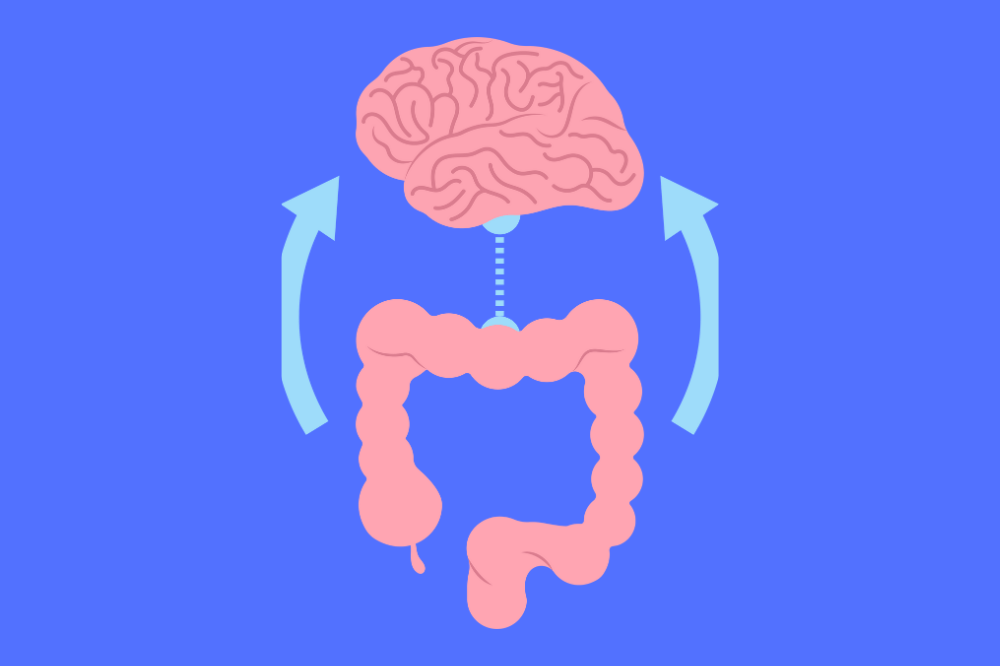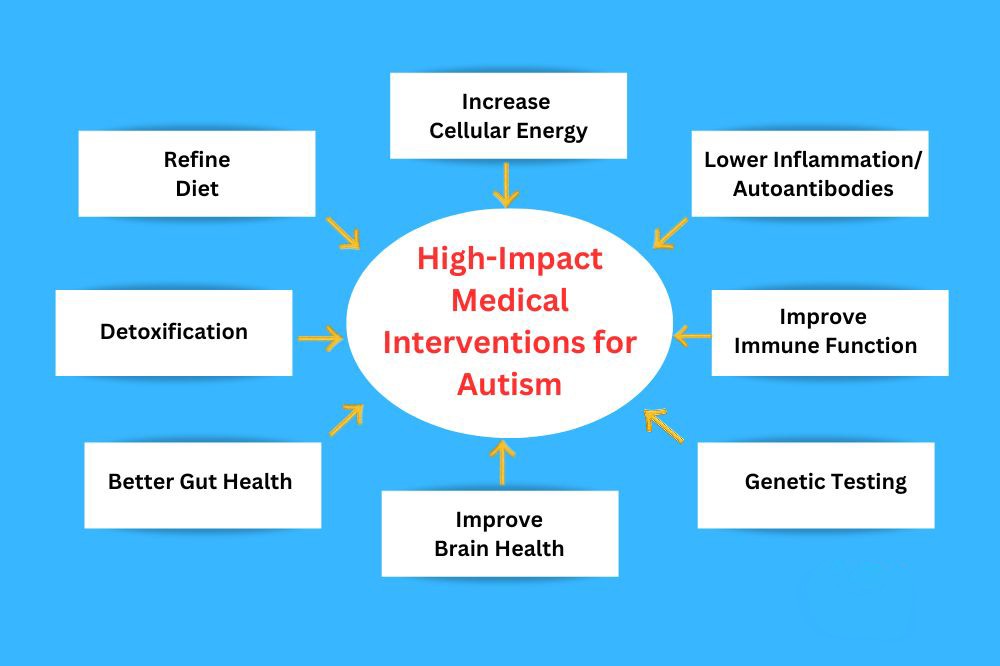Monthly Learning Series:
July


PANS (Pediatric Acute-Onset Neuropsychiatric Syndrome) and PANDAS (Pediatric Autoimmune Neuropsychiatric Disorders Associated with Streptococcal Infections) are autoimmune diagnoses that are characterized by neurological symptoms such as OCD and anxiety, tics, behavioral issues, sleep disorders, and more. There are often overlaps between these symptoms and those of autism. Estimated rates for PANS/PANDAS are around 1:200, but that number may be higher in children with autism. Discover the symptoms and treatment options for PANS/PANDAS this month with TACA.
The Autism Community in Action (TACA) provides general information regarding medical research, treatment options, therapies and nutrition to the autism community. The information comes from a variety of sources and is not independently verified by TACA. Nothing presented in print or at meetings should be construed as medical or legal advice. Always consult your child's doctor regarding his or her individual needs.
upcoming events
February 1, 2026
to February 28, 2026
Recorded Education
Autism and GI Health: Bridging Gaps in Care
with
Mojdeh Mostafavi, MD
via website
Gastrointestinal issues are common in individuals with autism and can significantly affect health, behavior, and quality of life. This session…
Learn More
February 1, 2026
to February 28, 2026
Recorded Education
Taming the Tummy Aches: Treatments for IBS and SIBO
with
Julie Logan, DC
via website
GI pain is a common driver of distress in individuals with autism. This session reviews IBS and SIBO as frequent,…
Learn More
February 25, 2026
4:00pm PST / 7:00pm EST
Virtual Support Event
Virtual Support Event – Teen & Adult
with
TACA Parent Mentors
via Zoom
TACA’s one-hour Virtual Support Event for parents or caregivers of Teens or Adults with autism provides live support for families…
Learn More
March 11, 2026
4:00pm PDT / 7:00pm EDT
Virtual Support Event
Virtual Support Event
with
TACA Parent Mentors
via Zoom
TACA Virtual Support Events are one-hour, group-based virtual meetings created for parents and caregivers of individuals with autism. Led by…
Learn More
March 25, 2026
4:00pm PDT / 7:00pm EDT
Virtual Support Event
Virtual Support Event – Teens and Adults
with
TACA Parent Mentors
via Zoom
TACA’s one-hour Virtual Support Event for parents or caregivers of Teens or Adults with autism provides live support for families…
Learn More
related articles
PANDAS/PANS and Autism
Pediatric Autoimmune Neuropsychiatric Disorders associated with Streptococcal Infections, or PANDAS, is a common autoimmune disorder with far-reaching movement, behavioral, and…
Mold and Mycotoxins
Mold exposure can be a contributing factor to autism in some kids. This exposure can cause health concerns including allergy symptoms,…
Medical Causes of Aggression in Autism
Several underlying medical issues, common to autism, can cause or contribute to aggressive behavior. However, when these medical issues are…
Do Parents Need Therapy Too?
As parents, we tend to neglect ourselves when raising our children. Healing ourselves, however, is one of the most important pieces…
Aggression and Behavior in Autism
Behavioral issues in autism may be one of the hardest issues for parents to manage. Children with autism may display extensive,…
Strategies for a Calmer Home
There are numerous strategies that autism parents can incorporate into their home life that will make life easier and calmer….
Immune Dysfunction in Autism
The body’s immune system defends against infection and protects its own cells. However, research has shown that the immune system…
The Gut-Brain Connection
There is good reason the gut is referred to as a person’s second brain. Over 70% of our immune system resides…
High-Impact Medical Interventions for Autism
There are medical treatments that are specifically impactful when treating autism symptoms, thus improving your child’s quality of life. Using these…















